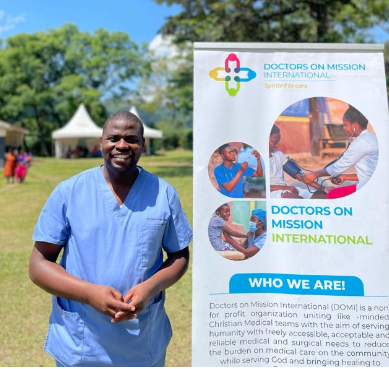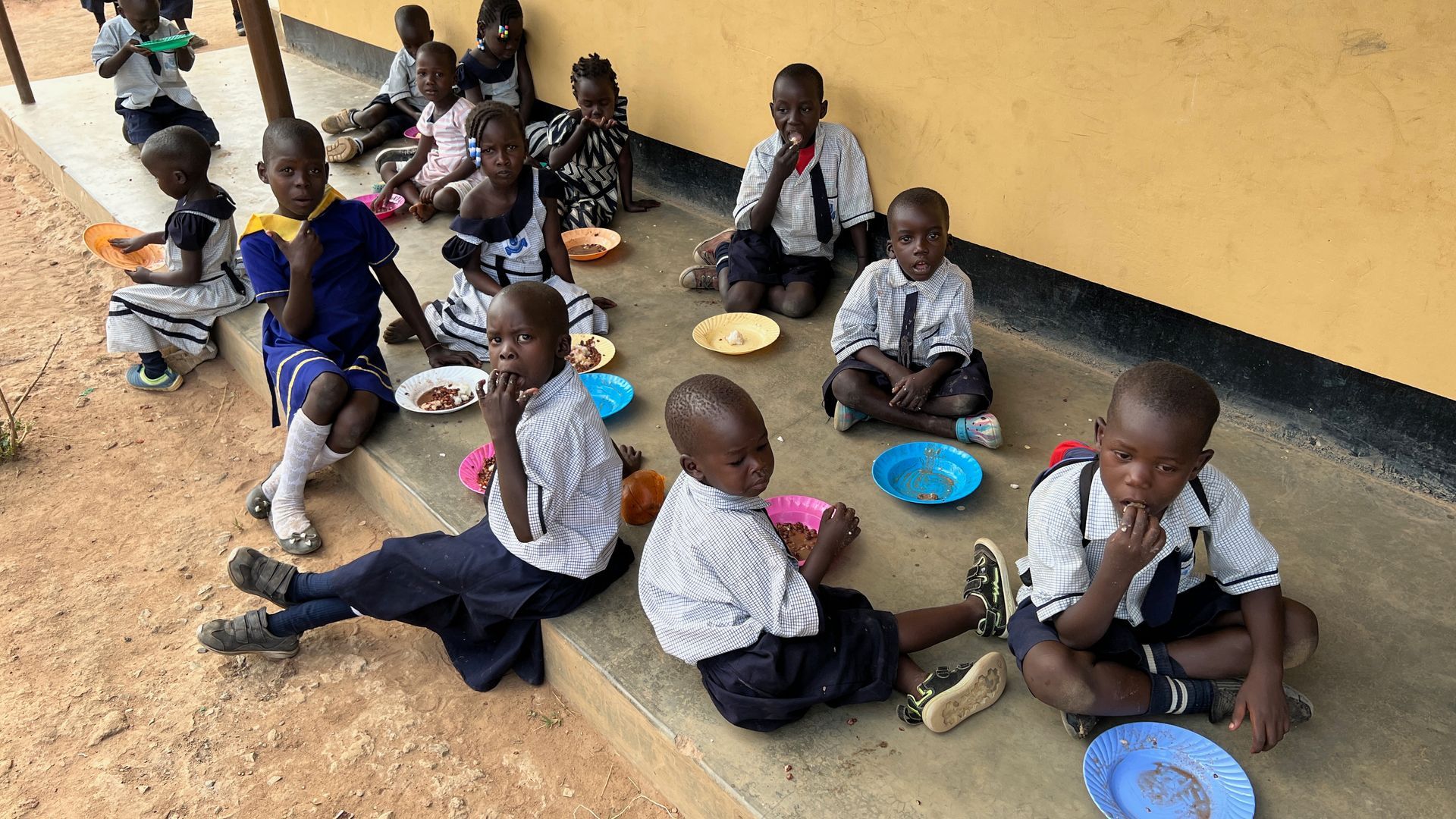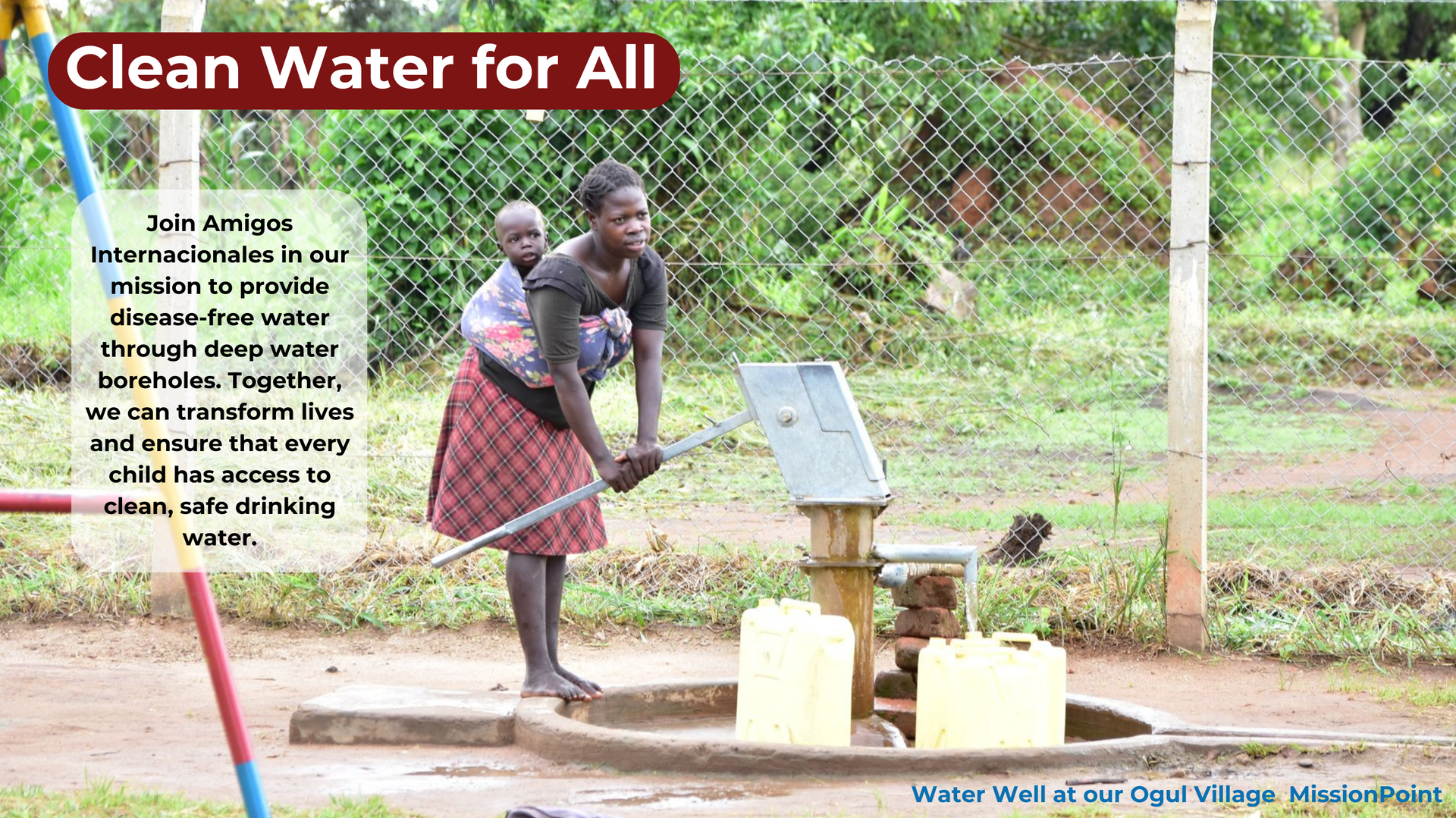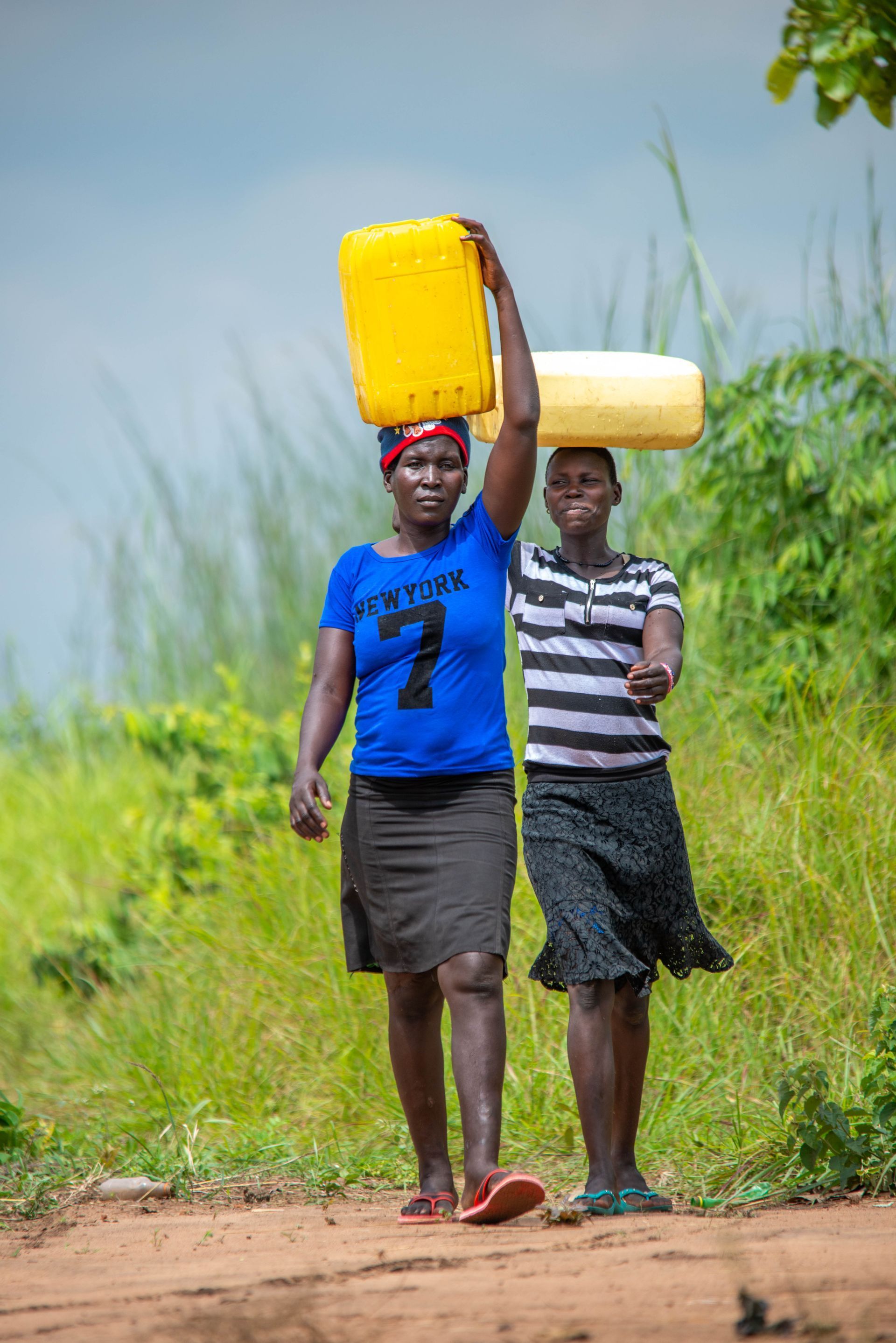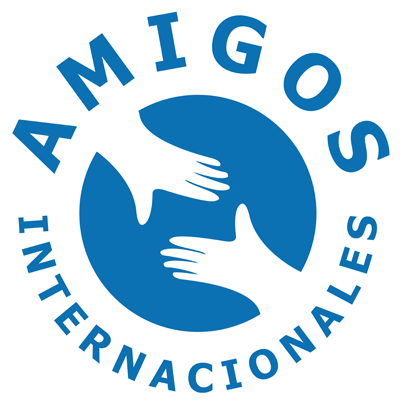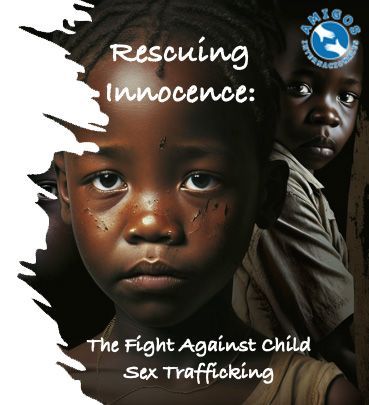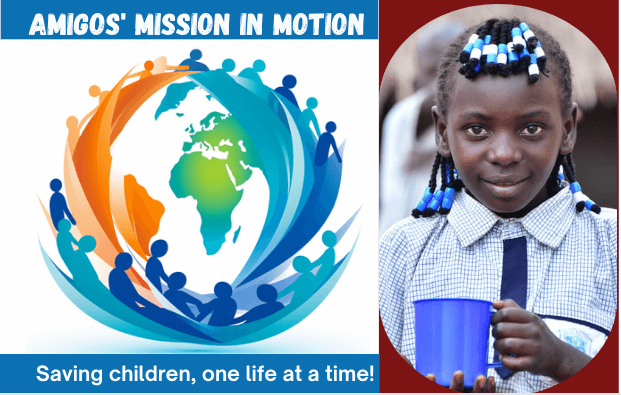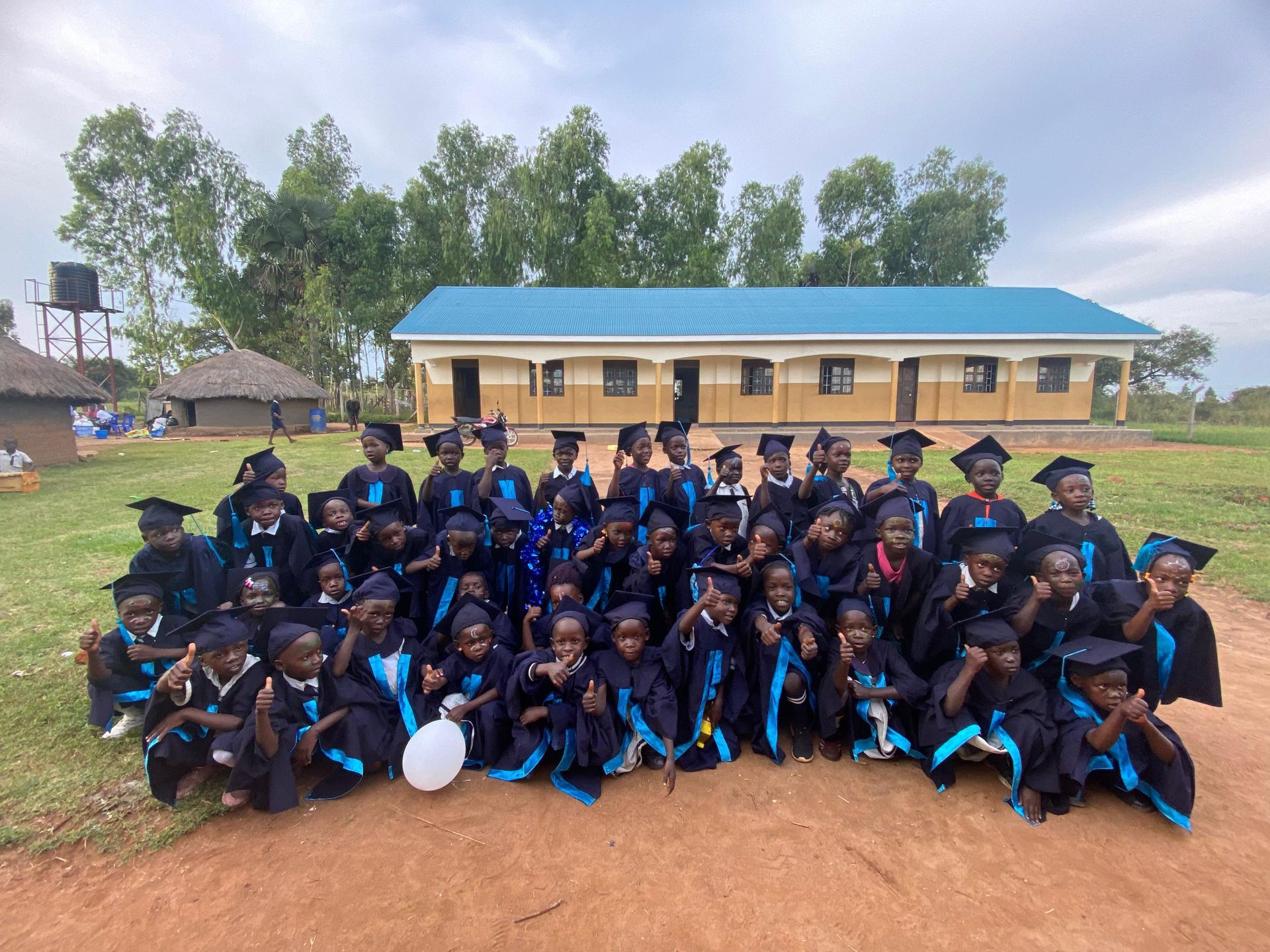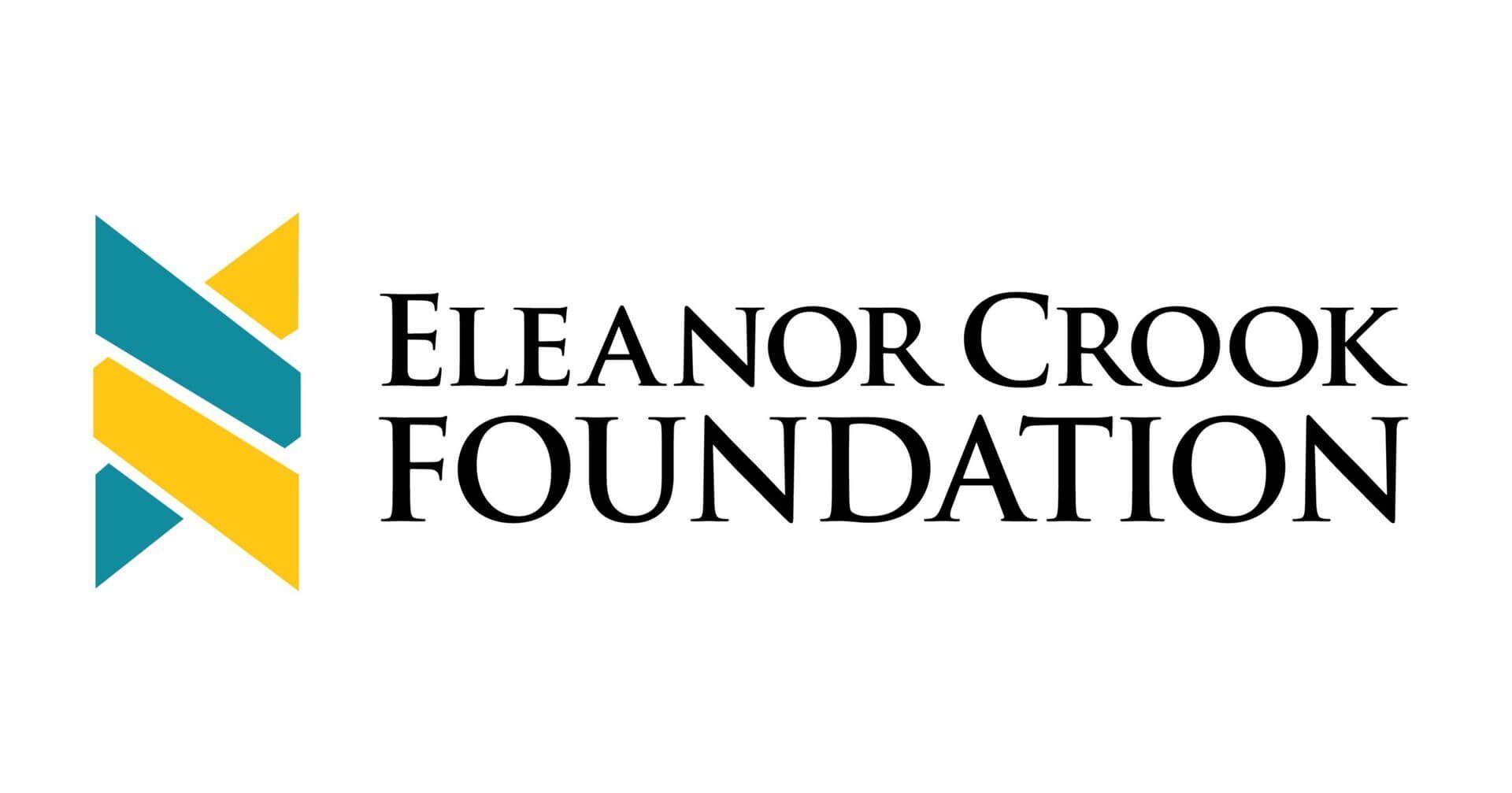Empowering Scovia to Self-Reliance
In the hushed silence of the South Sudanese twilight, a young girl once walked the dusty trails to an uncertain future. Adyero Scovia was only 16 when she became a child mother, her world a kaleidoscope of heartache and hope. An unaccompanied minor, Scovia left her birthplace, the quiet town of Owiny Ki Bul, in 2019, driven by the cruel winds of insurgency and war.
Her journey was solitary, her footsteps echoing across the South Sudan-Uganda border until she reached Waligo. She lingered there for many days, a tiny figure in an expansive landscape, until fate introduced her to Apio Susan, a woman with children Scovia’s age. A bond was formed in the crucible of shared adversity, and soon, Scovia found herself woven into the fabric of Susan’s family. Together, they journeyed to the Palabek Refugee Settlement Camp Reception Centre and, finally, to their current abode, nestled in Zone 4 Block 1, Pawik.
Under Susan’s guardianship, Scovia found a semblance of stability from 2020 to 2022. For Scovia, happiness was a mirage. She found a young boy on her travels and soon they married. Life was difficult in the settlement areas with little of no food and no real employment opportunities. Soon without the hope of contraceptives or care, she became pregnant. The young husband already strapped with enormous task of caring for a wife, realized he couldn’t care for a family and fled the village, leaving Scovia alone.
Suddenly, the sanctuary that was Susan’s home metamorphosed into a battlefield. Scovia was denied the bare essentials, her existence relegated to a corner of a tiny village. Fortune, however, lent her a lifeline as she found a place with the block leader, classified as a child at risk of teenage pregnancy. A new chapter of her life unfolded, marked by psychosocial support and material assistance, even as her relationship with her caregiver cooled.
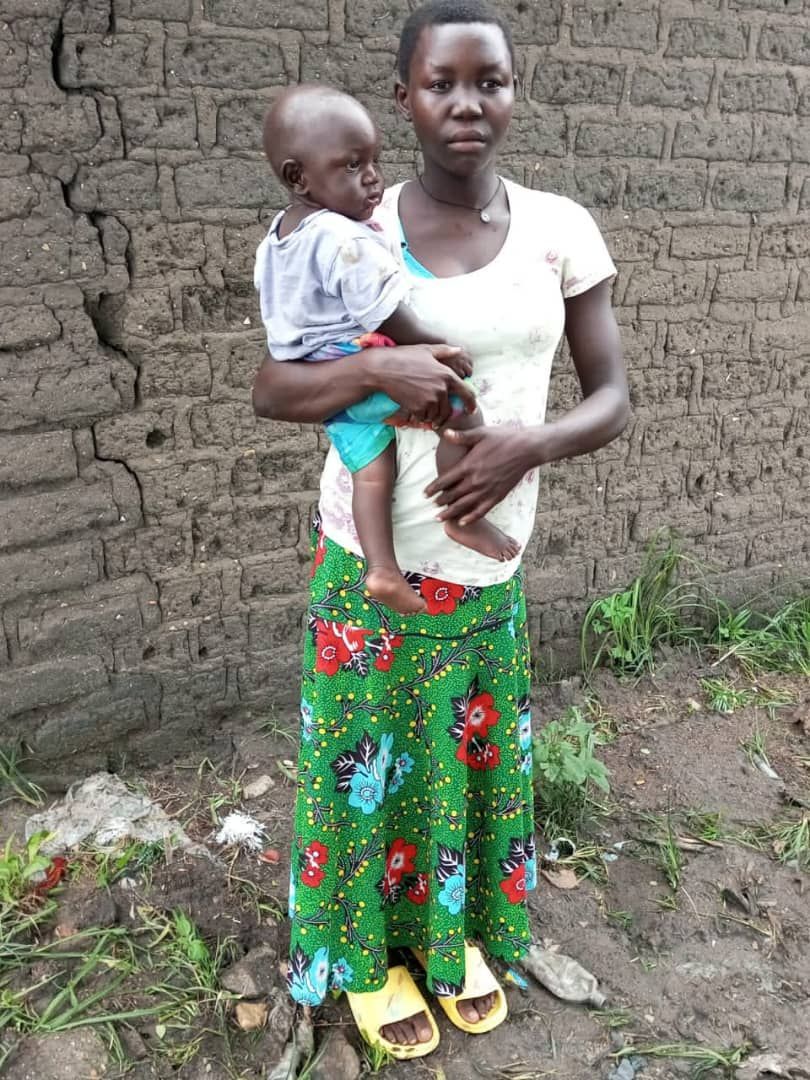
Today, Scovia struggles, burdened with insults from the local leaders, while shouldering the responsibilities of caring for her nine-month-old son. Yet, she persists. Scovia is a testament to the spirit of resilience, a beacon of hope amidst adversity, and her story is a clarion call for the world to stand up and take notice.
The birth of her son, Komagum, was a ray of sunshine in Scovia’s clouded existence. Despite residing with the block leader, Scovia found herself battling life’s challenges solo. Relationships soured, agency support dwindled, and the once-close-knit community grew distant. In a cruel twist of fate, the local NGO funding cuts hit Palabek Settlement Camp hard, leaving agencies helpless in supporting vulnerable populations. Scovia, now a mother and yet still a child, bore the brunt of this fiscal famine, her only sustenance being a monthly food ratio equivalent to forty-two thousand shillings or $11 US dollars a month.
The truth is simple:
Scovia, and countless others like her, need our help. They need us to witness their struggles, advocate for their rights, and contribute to their futures. They need us to be the change we want to see in the world. Will you answer the call? Will you be part of Scovia’s story of resilience and help transform it into a tale of triumph?
If you want to learn more about the struggles and triumphs of refugees like Scovia, check out our previous features on child sex trafficking prevention at https://rescueachild.org , or give to purchase a sewing machine or sponsor a child today.
Categories
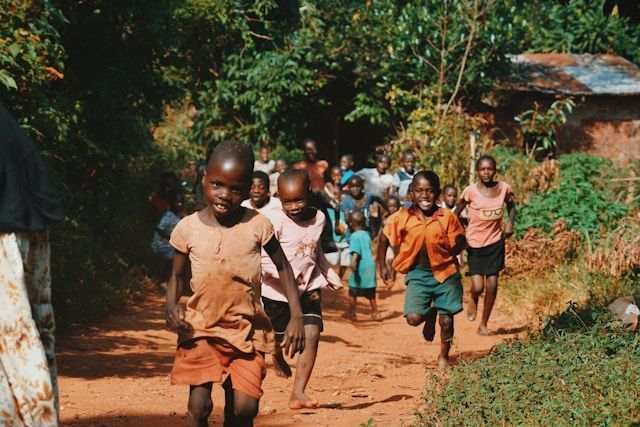
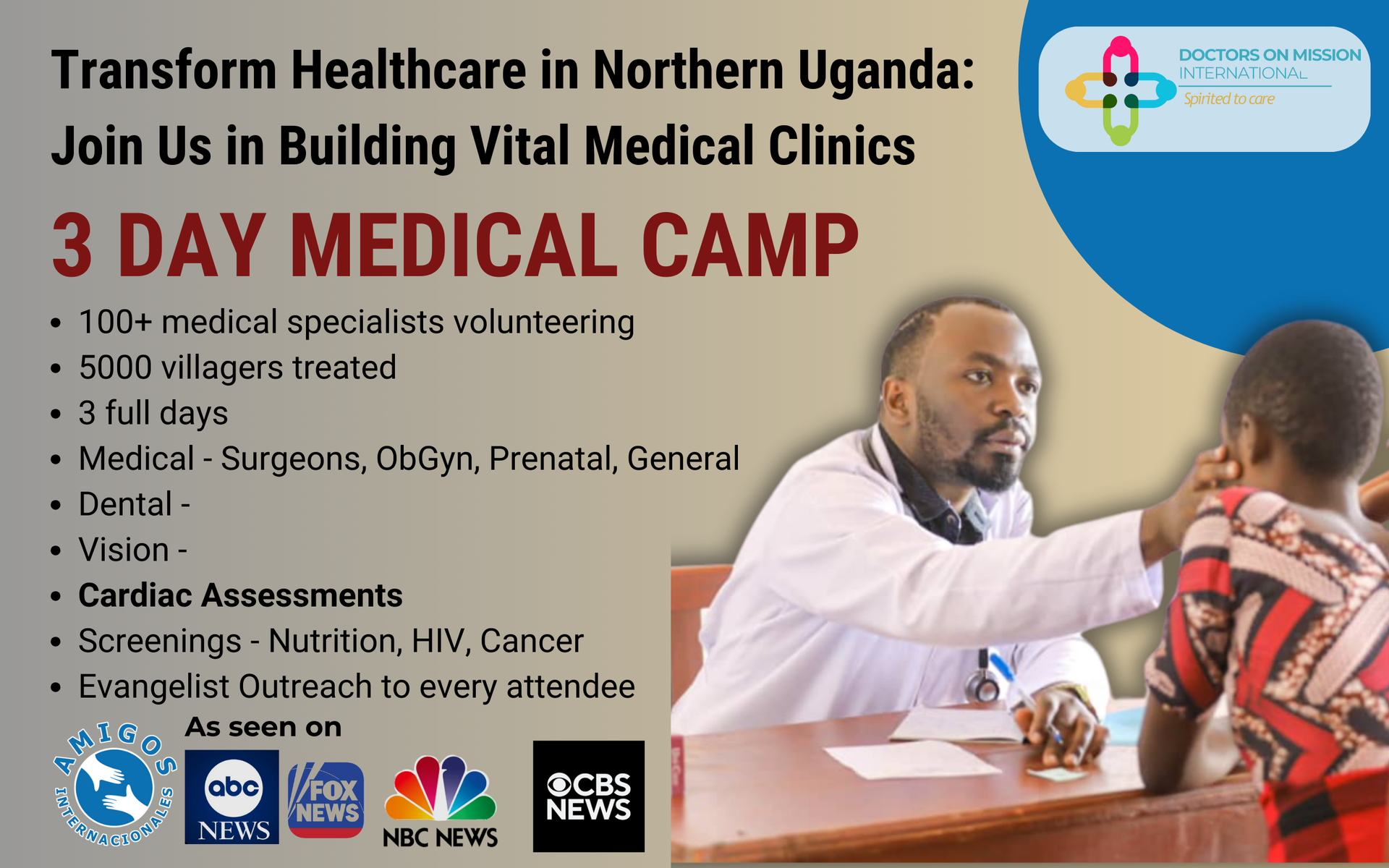
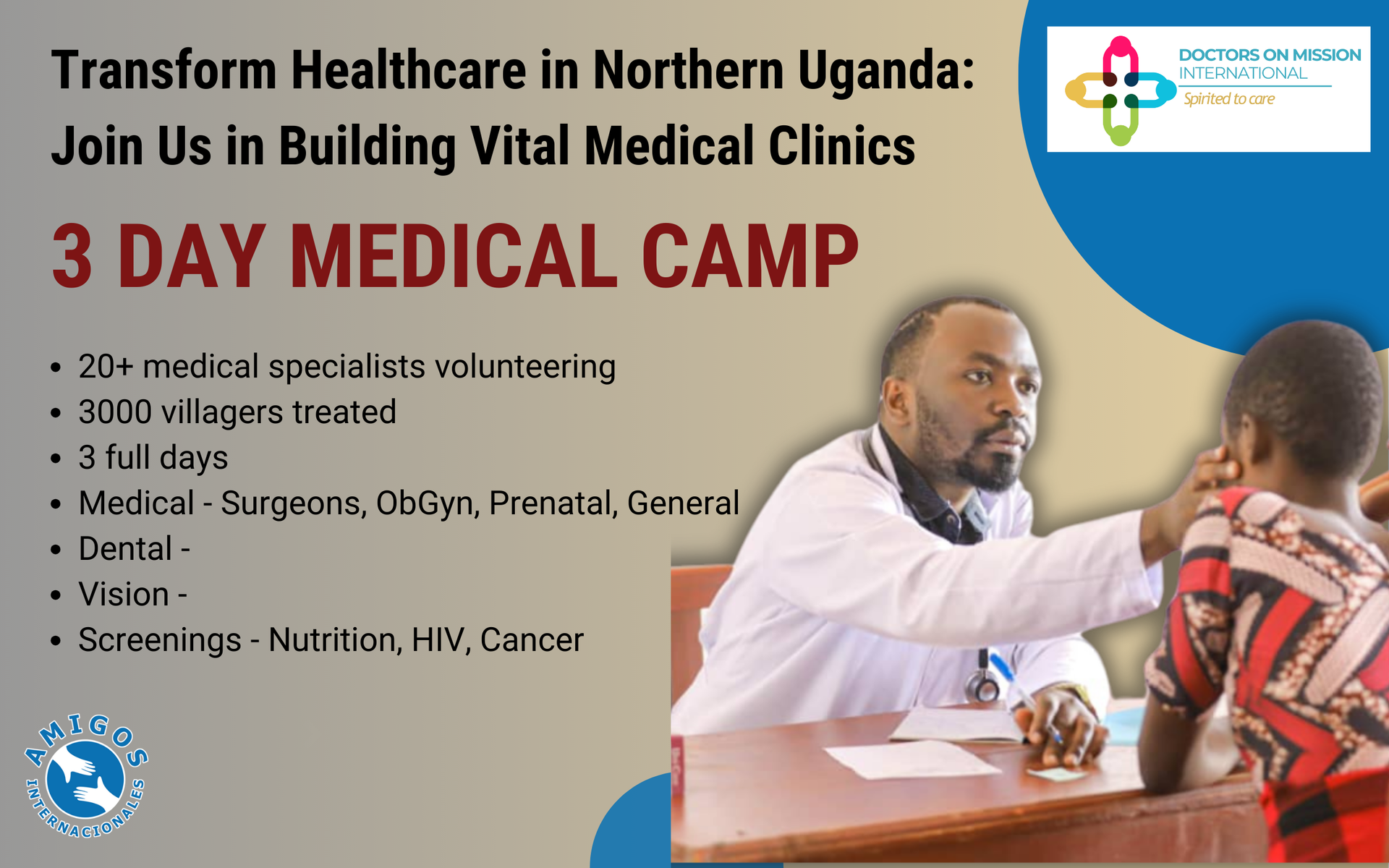


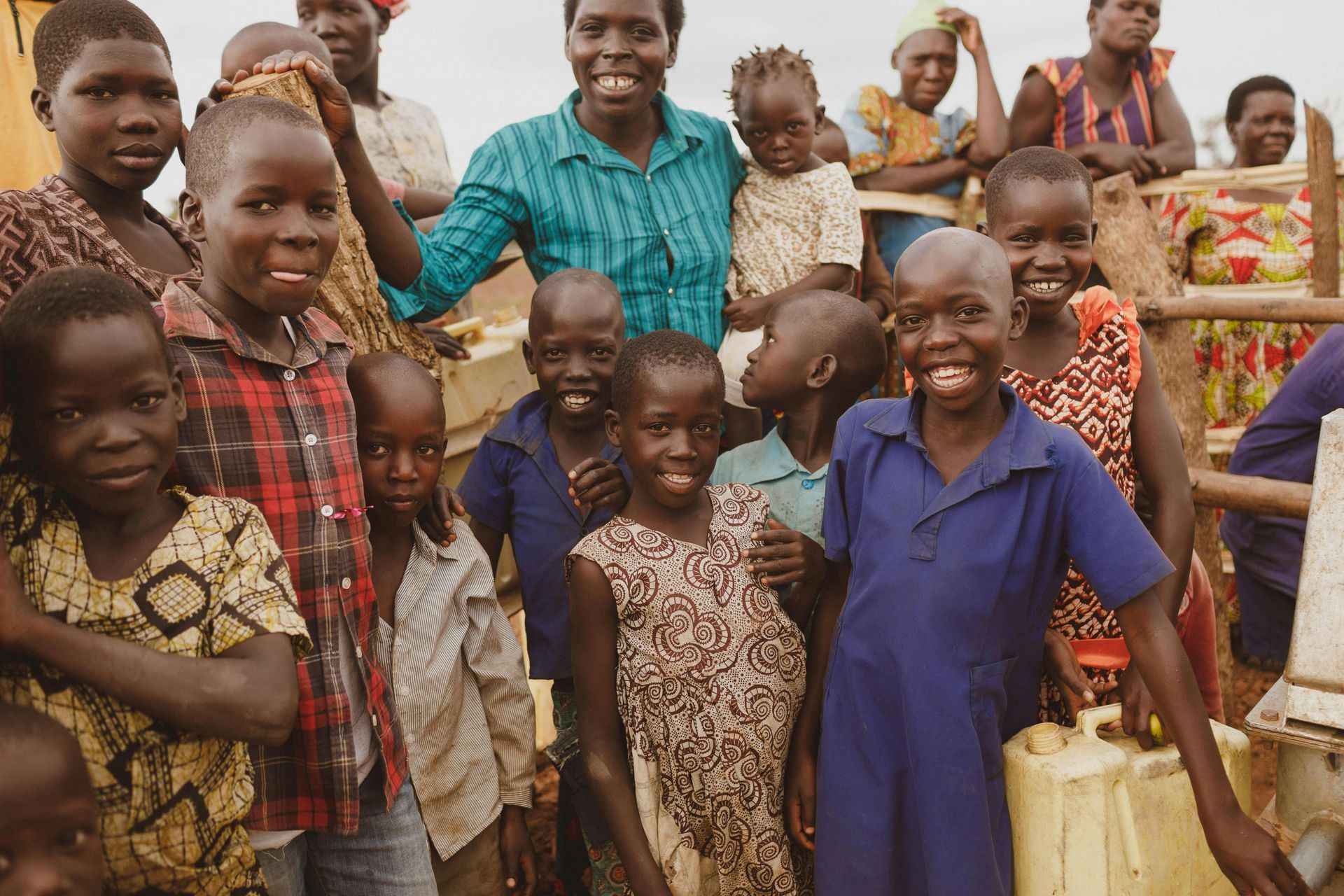

Social Media







